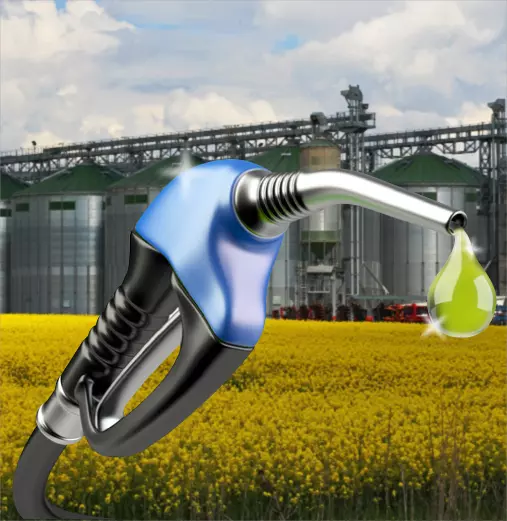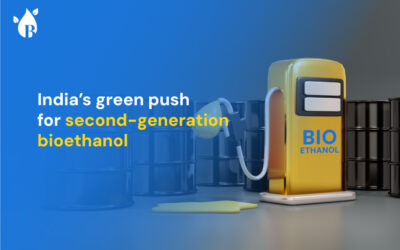
Read on to know the role of biodiesel manufacturers in India’s sustainability journey, learn how biodiesel is manufactured, its sustainability aspects and how its future is looking.
In our daily life today, almost all our activities are dependent on energy. From electricity in our homes, cooking using gas/electric stoves, commuting to our office, everything is energy dependent. Our daily lives including the functioning of industries will stop without a reliable source of energy.
The sustainability of the current source of energy raises concerns. As we are nearing the bottom of the Earth’s fossil fuel reserves, it’s important to adopt sustainable alternatives. Biodiesel is a sustainable fuel as it is derived from organic resources. Biodiesel manufacturing is essential in driving us towards a sustainable and energy-secure future.
Biodiesel Manufacturing
Biodiesel is a renewable fuel manufactured from organic materials like oils or animal fats. A process called transesterification chemically transforms the organic matter into a fuel.
Here is a quick rundown of how biodiesel is manufactured:
A common feedstock for biodiesel manufacturing is used cooking oil. About 70,000 metric tons of it was used in India in 2022.
Sustainability Advantages in Biodiesel Manufacturing
Feedstock used in biodiesel manufacturing are already used materials like cooking oils. Or other organic materials like plant waste that would otherwise end up in landfills. It promotes a circular economy.
By using these as feedstock, landfill space is saved and materials are reused. It also reduces our reliance on depleting fossil fuel reserves. It strengthens the country’s energy security. And minimizes geopolitical conflicts linked with resource trade.
Related Read: Is biodiesel illegal in India?
It supports local farmers with an additional source of income. They sell agricultural waste instead of burning it and polluting the air. Using biodiesel instead of petroleum diesel significantly reduces its lifecycle carbon emissions. Combustion of biodiesel also releases fewer harmful emissions into the atmosphere.
Biodiesel can be used in existing engines and infrastructure without any modifications. It can be blended with petroleum diesel in proportions, making it easy to adopt it as an alternative fuel.
Biodiesel is fully biodegradable as it is made with 100% organic materials. 98% of biodiesel degrades in about 3 weeks.
Even in case of accidental spills, they are not as much a problem as petrodiesel spills. It does not affect marine and land biodiversity.
The Future of Biodiesel Manufacturing
As environmental degradation is increasing, every industry is adopting sustainable practices. This increases the demand for biodiesel. It gives the manufacturers a perfect opportunity to promote it as a sustainable alternative.
The biodiesel manufacturing industry is constantly invested in research to optimise their process. Identification of non-food based feedstocks will help eliminate concerns about competition with food crops. Powering biodiesel manufacturing with energy from solar or wind will reduce the overall carbon footprint.
Advancements in catalysts, enzymes, and integration of artificial intelligence and automation are essential. It will enhance efficiency, reduce manufacturing costs and biodiesel fuel price. These technological developments will revolutionise the biodiesel industry and make it easier to transition to. All while minimising its environmental impacts.
Biodiesel and other biofuels hold primary benefits to build environmentally conscious energy systems. Along with manufacturers, it is essential for individuals, businesses and policymakers to promote adoption. This will change the sustainable energy landscape for decades to come.
At Buyofuel, we are building a network of feedstock aggregators, biodiesel manufacturers and consumers. Come join the network, become a sustainability advocate and driver of change.



